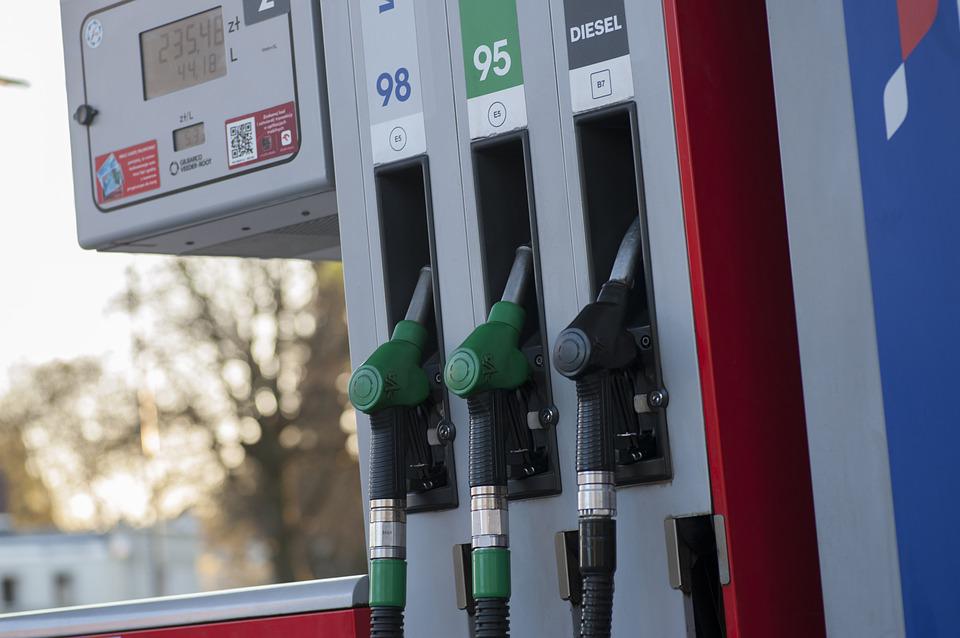Germany’s cartel office said it has since May been investigating the divergence between crude oil prices, refinery sale prices and service station prices but had not yet drawn any conclusions on whether it had any basis to take action.
Germany introduced a discount on gasoline for the months of June, July and August to help motorists cope with soaring prices as part of relief measures responding to the increasing cost of living, but continuing high prices have led to accusations of price gouging by the oil industry.
A cartel office spokesperson said it had been looking into the price discrepancies but had not drawn any conclusions.
“At this stage, however, we are not yet able to make any statements about actual profit margins or the passing on of the petrol discount,” the spokesperson told Reuters.
“The results (of this sectoral study) could give us a basis to tackle possible violations of cartel law in a targeted fashion,” the spokesperson added.
Earlier, Der Spiegel had reported, citing a letter from the energy ministry, that the regulator was investigating discrepancies that could point to a violation of competition rules.
“With regard to the fuel markets, initial data sets from the German Federal Cartel Office show that the gaps between crude oil and refinery selling prices have increased significantly,” the ministry’s letter to a member of hard-left party Die Linke said, Der Spiegel reported.
But it said the divergence could be the result of structural competition problems, not competition rule violations, that had led to the price increases, according to the report.






Click here to change your cookie preferences